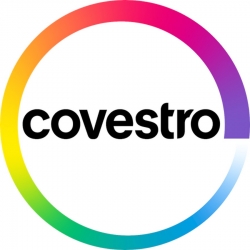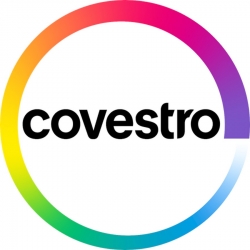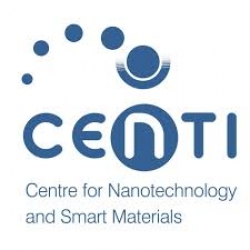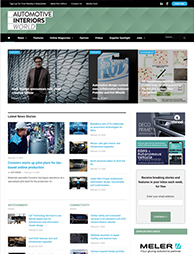
VIRTUAL CONFERENCE
GAIN UNPRECEDENTED EXPOSURE TO THE
GLOBAL AUTOMOTIVE INTERIORS EXPO DESIGN, CONCEPTS AND TECHNOLOGIES INDUSTRY
This event has now taken place, dates for future events to be announced soon!
BOOK AN ON DEMAND PASS
EXISTING USER LOGIN
 Mari Makkonen
Mari Makkonen Melanie Hoerr
Melanie Hoerr Jan Helmig
Jan Helmig Florian Dorin
Florian Dorin Emanuel Martonca
Emanuel Martonca Stephen Krantz
Stephen Krantz João Manuel Carvalho Gomes
João Manuel Carvalho Gomes Georg Grestenberger
Georg Grestenberger Joachim Kasemann
Joachim Kasemann Efrat Friedland
Efrat Friedland Carsten Astheimer
Carsten Astheimer Katja A Rösler
Katja A Rösler Silvia Hanzelova
Silvia Hanzelova Dr George Kellie
Dr George Kellie Michael Costello
Michael Costello Alexander Schieke
Alexander Schieke